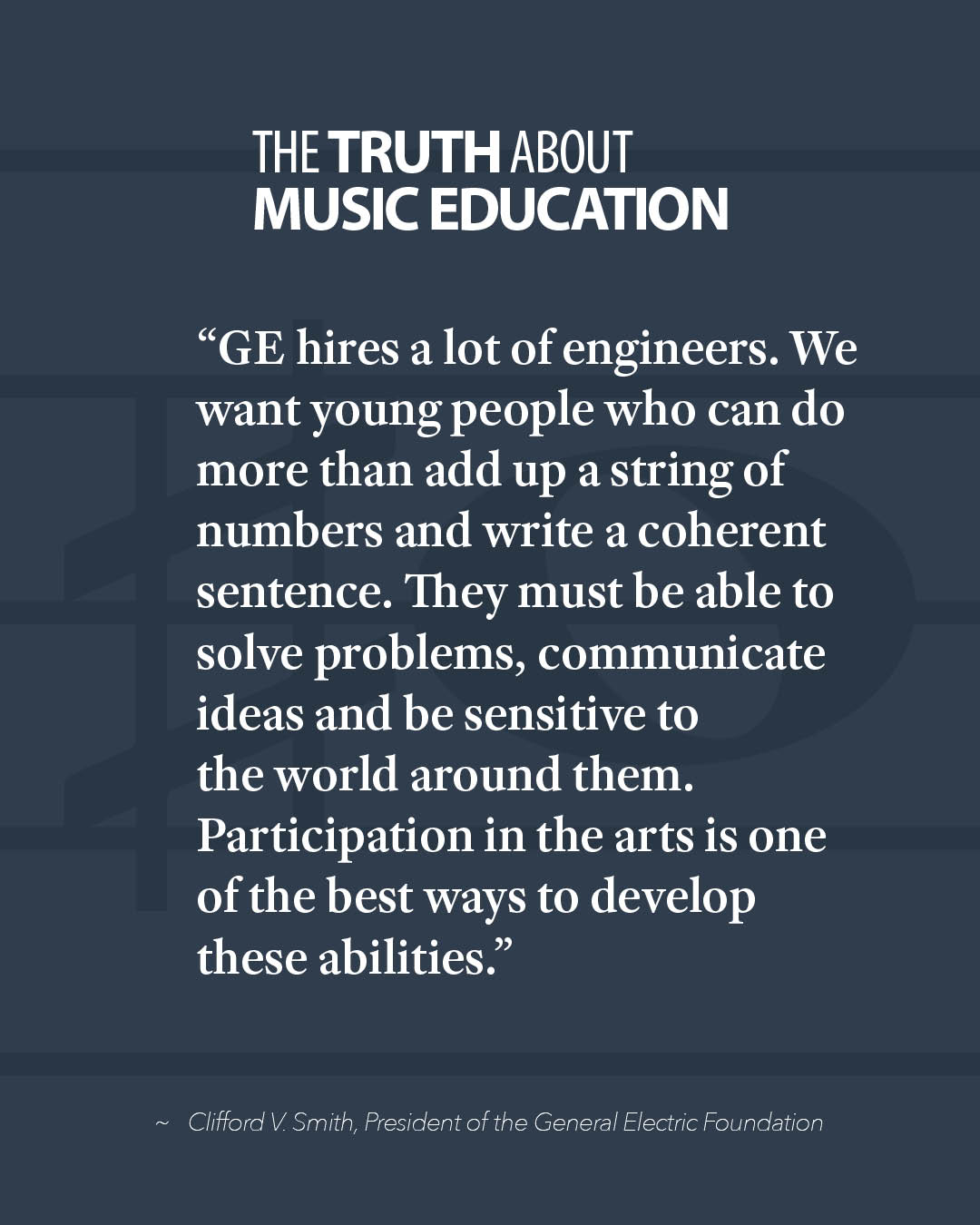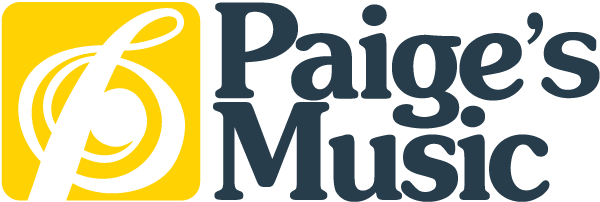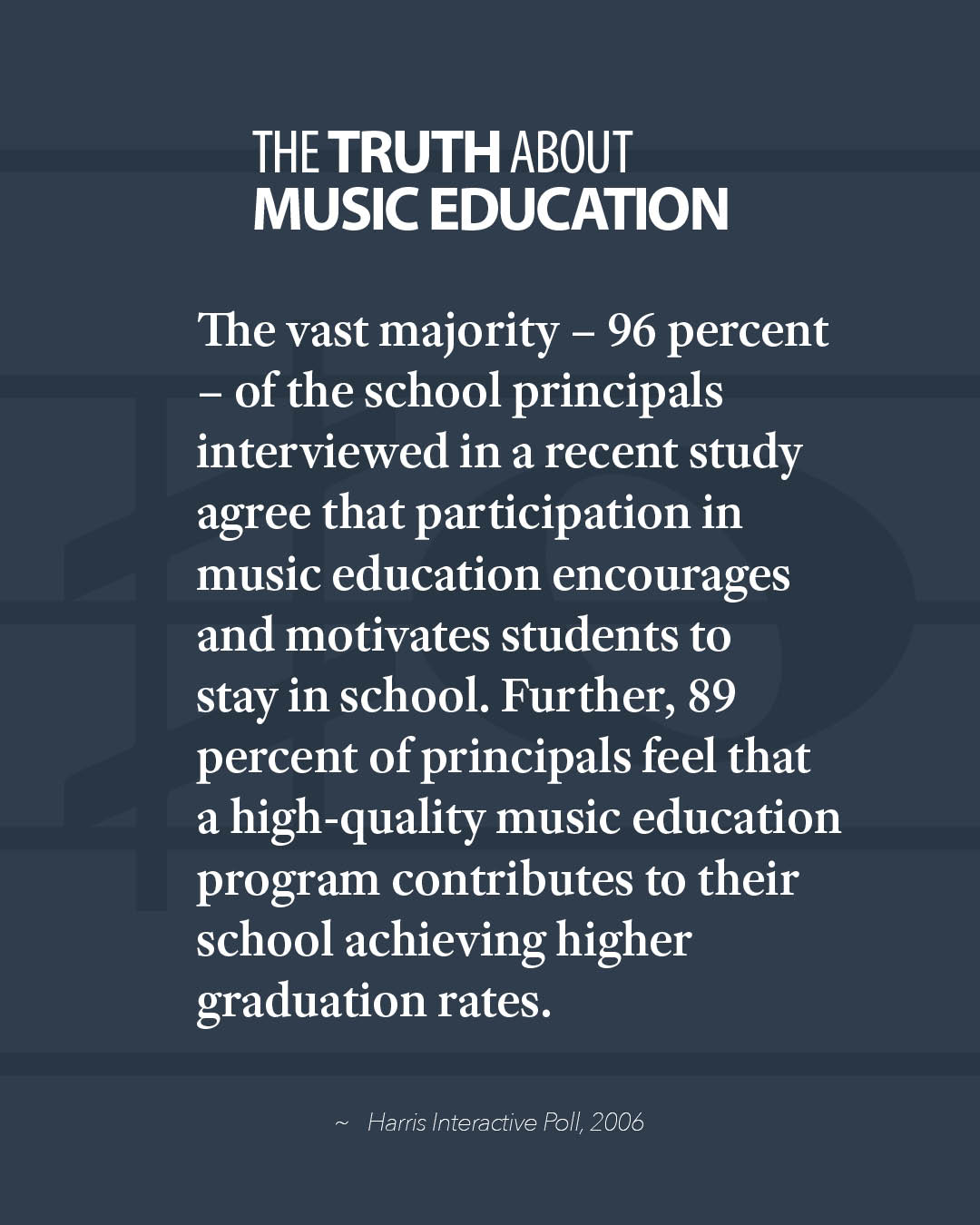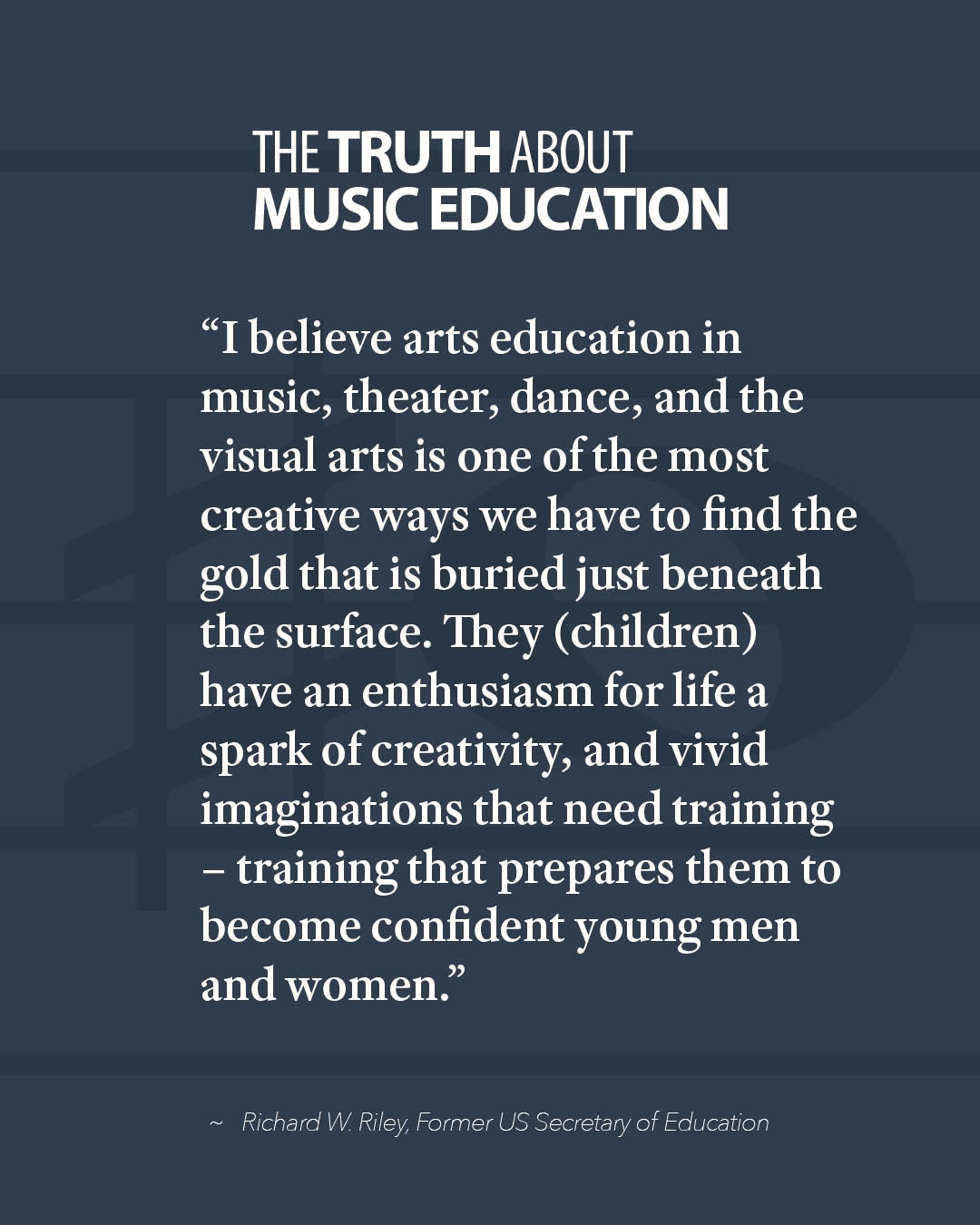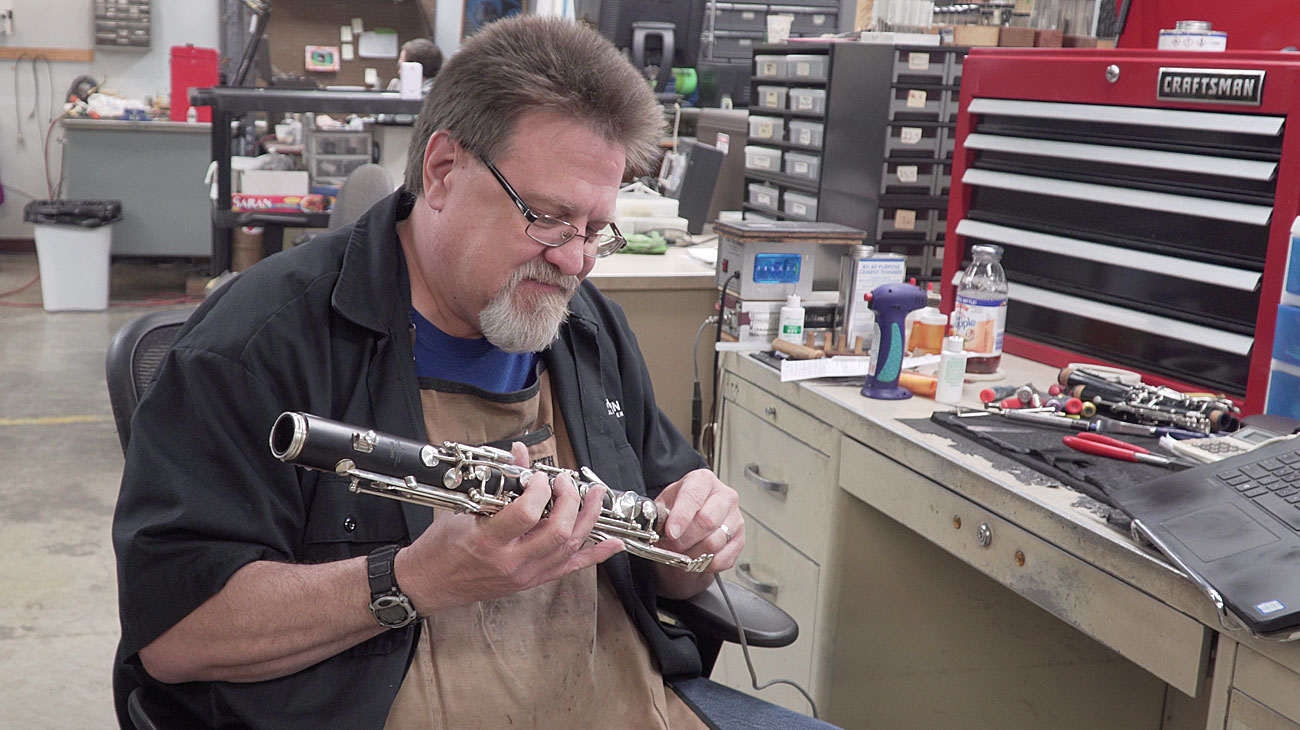
We recommend that you send your instrument in for a check-up at least 2 times a year to keep it in proper playing condition. And what better time to do that then during summer break while you may have some down time. And if you need a loaner to use while we have your instrument, we have you covered.*
Bring your instrument by our store M-F 10-6 and Sat. 10-4, or give us a call to see if we have visits scheduled for your school over the summer. Have questions? Call us at 1.317.577.3415 or drop us an email at repair@paigesmusic.com.
Enjoy your time off and don’t forget to practice!
*Loaner instruments guaranteed for all active rentals and service policies only. Loaners for general repair customers dependent upon our loaner instrument inventory.
